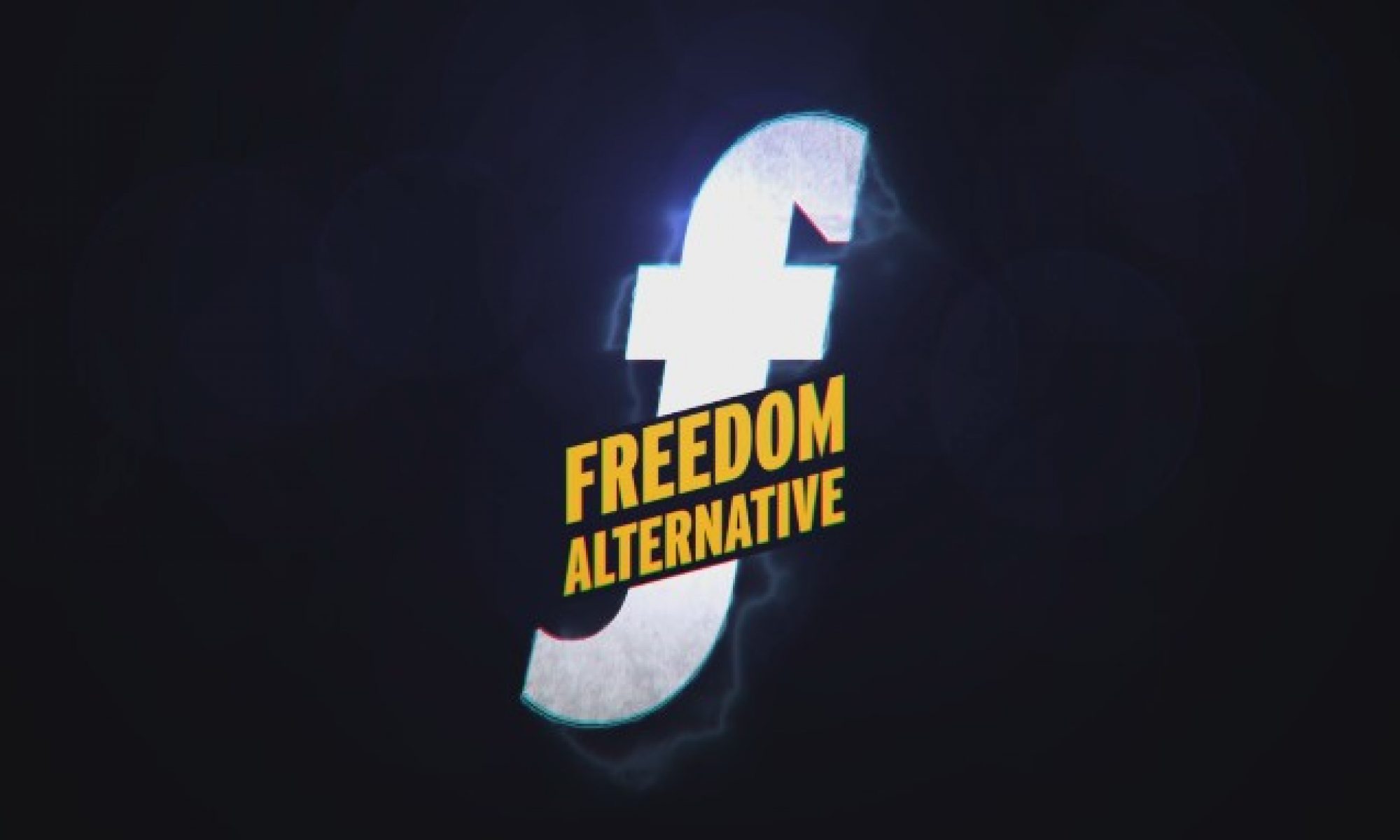Over the last 12 months I’ve been following the culture in our neighborhood really closely. And by culture I mean music concerts, art galleries, football audiences… and generally things where people gather as opposed to things where people don’t gather.
“Culture” is something that moves. It’s not static. And, contrary to the received wisdom in terminally online bubbles, it’s not something that can be studied accurately from Internet trends.
And I have some fantastic news after 14 months of taking notes. Since this is amateur anthropology, I won’t blame anyone for not believing me. After all, art itself is not meant to be studied in a rigid manner, neoclassicals and classical realists notwithstanding.
More conservative youth than ever
This has been an ongoing meme on the Internet, but now we can actually see it and touch it (in a very appropriate way, of course).
Yesterday, Zagreb hosted the largest ticketed concert, likely in the world. The artist? Marko Perković Thompson – a conservative/right wing rocker who sold a whopping 450,000 tickets for last night and performed with his band in front of roughly 500,000 people.
The record for the largest ticketed concert in the US is held by the country singer George Strait with his 2024 concert that sold 110,905 tickets. Mr. Strait may not be so open about his conservatism but he’s definitely conservative coded, as the kids would say.
Marko Perković’s performance is even more astounding once we realize that Croatia’s population is barely 3.8 million people and he sings in Croatian about Croatian struggle for independence, Croatian nationalism, God, family and brotherhood. Non-Croats who don’t speak Croatian have attended his concerts (as did yours truly, just not last night).
You don’t need to speak Croat to understand the following video about the atmosphere before the concert:
So on both sides of the Atlantic, where it matters, in terms of voting with one’s wallet and showing up, the record holders are solidly non-Left.
But while George Strait benefited from relatively neutral coverage for his record, Marko Perković has been the target of Die Lügenpresse for over 24 hours by now. The so-called mainstream media (a lot of them having online audiences smaller than Marko Perković had physically last night) has been churning out relentless propaganda about how the most popular Croatian artist in all of history is… you guessed it: A racist, sexist, Nazi.
Just take a look at this disgusting propaganda from the Associated Press [archive link because fuck these people]. Such propaganda reeks of desperation. And their desperation is understandable.
Their preferred/approved slop keeps on failing. And now, to make things worse (for them), 15-to-30 year olds prefer to travel to listen to a 60 year old Boomer singing about the beauty of national independence, family life, God, honour and, worst of all, brotherhood. Surely we can empathize with the Regime Press’ desperation. Their project is quite literally collapsing in front of them in real time!
But we should be happy about it! In Romania, just like anywhere outside of ex-Yugoslav countries, Marko Perković Thompson was basically unknown except for people like yours truly. Shit like this serves as free advertising for some of the most qualitative right wing propaganda in existence in Europe today.
It turns out that, contrary to Internet brainrot, you don’t need young artists to attract the youth. You need good art. Provide it and they’ll come. Especially if it’s right wing coded, apparently.
It gets better
But while Marko Perković’s performance is amazing, the truly amazing news come from smaller events that have been consistently trending in one direction, broadly speaking.
Sure, left-coded events continued to happen as well – but every single one of them have been experiencing declines in attendance and interest compared to 5 or 7 years ago. And the decline seems to be accelerating.
Here are some more examples:
- “Gay pride” events are now Boomer-coded and smaller than ever. Moreover, mainstream artists no longer wish to be associated with such events. Even otherwise lefty artists who routinely at least pay lipservice to luxury beliefs, are now suddenly quite shy about the rainbow
- Last year Coldplay decided to be uber-progressive in public by inviting a manele-singing gypsy to perform as the opening act. The very posh leftist-coded audience booed vigorously. The lefty media portrayed that as racism and Coldplay were like “b-b-b-but the gypsy is trending on Youtube/TikTok – why yuo no like it?”. Turns out that getting your information on popularity based on clickfarms is a terrible idea (side note: Nearly everything “viral” on social media is aided by fake engagement). The concert went ahead as planned – gypsy music included – but in the 12 months that followed not a single similarly big event anywhere in south-East Europe did that again. The $$ got the message.
- At high-quality right-coded events, the median age is 27 or lower. At high-quality left-coded events, the median age is 45 and rapidly increasing.
- Art galleries that don’t emphasize national history or something else right wing coded, now get the opportunity to sell statistical zero or even straight up zero tickets for an exhibition cycle. This never happened in living memory!
Over the last 14 months I attended several dozens of musical events (primarily rap/hip-hop and rock/metal – because that’s what I enjoy) with artists ranging from “apolitical” to “far right” and a few lefty-coded in the mix.
Until 2023, right wing coded artists would attract a crowd where I was among the youngest or sometimes the youngest – as in not a single soul younger than 40 except maybe the sound technicians.
Since 2023, even some of the lefty-coded artists have shifted Rightwards – while those who continued to stay edgy leftists saw a brutal collapse in their attendances. I don’t want to name names (yet) – but any politically aware concert-goer in the Intermarium area can confirm what I’m saying.
Even better: For the first time since mid 2000s, the kids have started to show up again.
Last night I went to a rock/metal event in a remote place. The kind of event usually for “veterans”. Sure enough, the veterans I expected were in attendance but, unlike 2019 or 2015, there were also two other categories: The local elite(s), especially the intellectual elite, and lots and lots of headbanging children (ages 7 to 15). I can’t describe properly how much joy this brought to me and other veterans!
And again: The artists on the stage were celebrating 25 years of activity and the median age among them was 50. Once again confirming that you don’t need youngsters on the stage to get the youth attending. Just be good, and they’ll come!
And here’s the kicker: Half of the artists from last night were lefty-coded just 6 years ago.
Whether it was for (financial) survival or a genuine change of heart (even if mild), the fact remains: One by one, their politics is now realigning and slowly, almost imperceptibly, contributing to a present and a future that is (and will be) distinctly to the Right of 2019 or 2012.
This may not be easily perceptible right now. Although it’s more obvious than it was 7 or 10 years ago. But even in the current age of fast-spreading propaganda, nobody can skip the stages. Debates and changes that needed 100 years in the 16th century can now be done in 20 or 30 years. But we still need to do that work! And,… about a third of the timeline in,… the results are really good!
Take the white pill and ignore the doomers
This is for all in the Intermarium area: Disconnect, if you can, from westoid brainrot – including and especially the so-called right-wing westoids whose shtick is to spread doom, gloom and hopelessness.
A lot of online panic porn is intentional disinformation (sometimes russian, sometimes domestic) meant to slow down the ascendance of our ideas and prevent the establishment of a new hegemony.
I’m not saying we won (friendly reminder: you can’t exactly “win”). But I am saying that the progress report looks better than it did in 15 years. And I’m saying that anyone telling you otherwise is misleading you.
Yes, there’s plenty of work to be done. And this momentum can still be lost; and plenty of things can still go wrong in the next 5 years. But don’t be fooled: All is not lost. In fact, things have been getting far better for us in the last 5 years and far far worse for them. Hence… their desperation.
Again, for those in the Intermarium, the worst thing you can do now is to continue to pay attention to westoids.
Sure, in marginal brown islands at the edge of Europe Britain they hold straight-up anti-White and antisemitic hate rallies that are broadcast by the State TV. But that’s part and parcel of the third world. You, from the Intermarium, have zero duty to give a damn. In fact, it’s harmful for you to give a damn!
They don’t give a damn about you or your nation. In fact, if you’re from the Intermarium, they made it clear a decade ago that they despise you! I’m not saying you should despise them back (although I do), but I am saying you don’t have a duty to waste even a single neuron about their well-being or about their dopey opinions.
We, in the Intermarium area, are steadily getting better on most metrics. We have a duty to our nations to keep up the good work and always keep the eyes on the prize!
Take the white pill, marginalize the doomers (until they repent and take the white pill) and carry on. You can’t build anything on doom and gloom, self-doubt and hopelessness.
That’s the good word for the Sunday.


